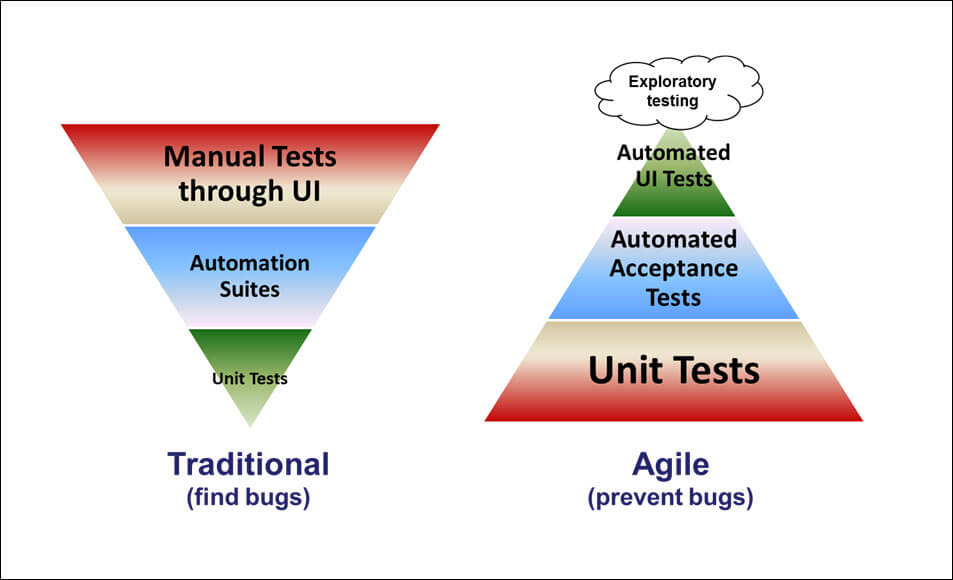Code QA" usually refers to High quality Assurance processes and even activities linked to typically the codebase of the software program application. Click for source (QA) in computer software development involves methodically making certain the software meets specified needs and functions dependably. Code QA focuses specifically on the quality of the supply code, aiming in order to identify and rectify defects, improve maintainability, and adhere to coding standards. Here are key aspects related to computer code QA:
Code Evaluations:
Conducting systematic testimonials of source computer code by peers or senior developers in order to ensure adherence to coding standards, ideal practices, and identify potential issues.
Permanent Code Analysis:
Employing automated tools to analyze the source code without executing this. Static code evaluation helps identify issues like code smells, potential bugs, in addition to adherence to coding standards.
Unit Assessment:
Developing and carrying out unit tests to confirm the correctness involving individual units or perhaps components of the signal. Unit testing are crucial for catching defects early in the development process.
Code Coverage:
Computing the extent to which the cause program code is exercised by automated tests. Computer code coverage metrics help assess the thoroughness of testing initiatives.
Integrtion Testing:
Verifying the interaction involving different components to assure they work collectively as intended. The usage tests are necessary for detecting concerns that may happen when different pieces of the code are combined.
Motorisation Testing:

Developing and even maintaining automated checks to continuously confirm the functionality and performance of the program code. Automated testing allows catch regressions in addition to ensures consistent quality.
Peer Programming:
Collaborative programming where two developers work along on the identical part of code. This kind of practice can enhance code quality through real-time feedback and even knowledge sharing.
Program code Standards and Rules:
Establishing and improving coding standards in addition to guidelines to ensure consistency throughout the codebase. This includes aspects like naming conventions, code structure, in addition to documentation.
Continuous Integration (CI) and Ongoing Deployment (CD):
Including QA processes directly into CI/CD pipelines to automatically build, evaluation, and deploy computer code changes. This makes certain that new code changes do not bring in defects and may be reliably stationed.
Code Refactoring:
Restructuring and improving the current code without altering its external conduct. Code refactoring is performed to enhance maintainability, readability, and general code quality.
Defect Tracking:
Monitoring plus managing defects or perhaps issues identified throughout testing. Defect keeping track of helps prioritize plus address issues effectively.
Documentation:
Maintaining thorough documentation for typically the codebase, including in-line comments, README data, and other related documentation to aid developers and some other stakeholders.
Code QA is an crucial part of the particular broader the good quality assurance procedure in software development. By concentrating on the particular quality of the source code, organizations can produce very reliable and maintainable software program while reducing the likelihood of defects and bettering overall development performance.
